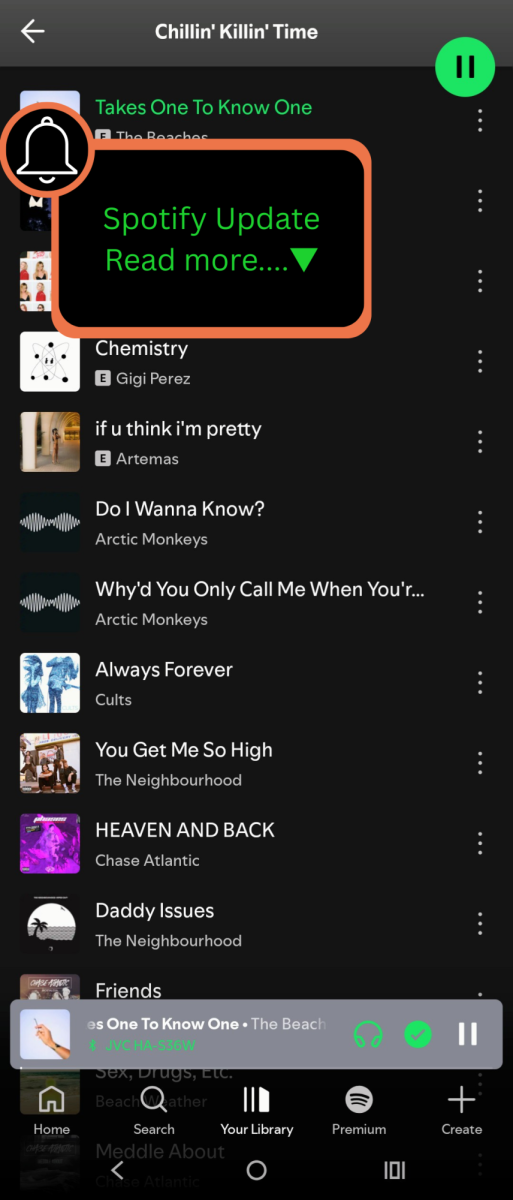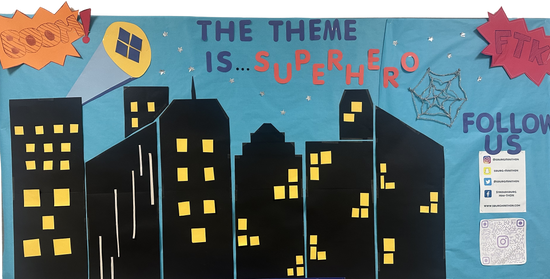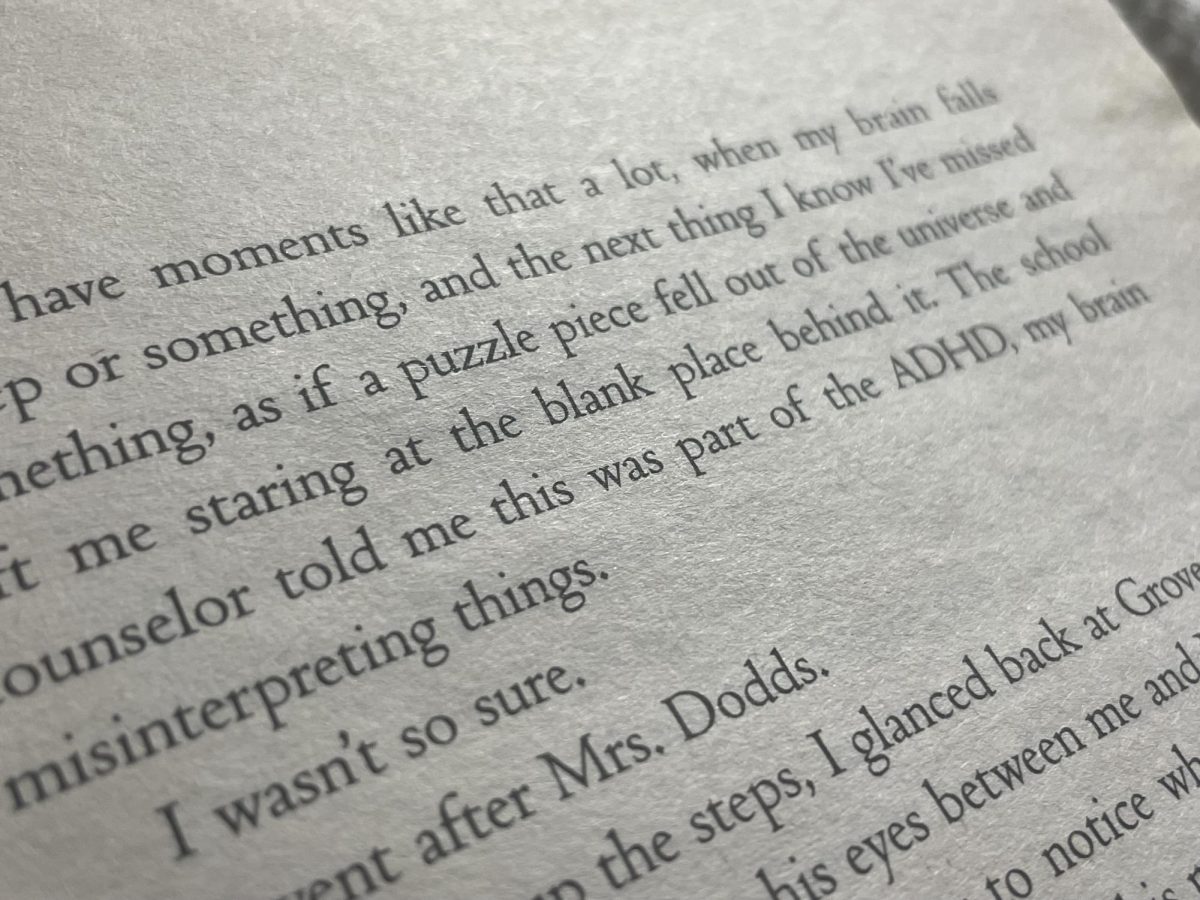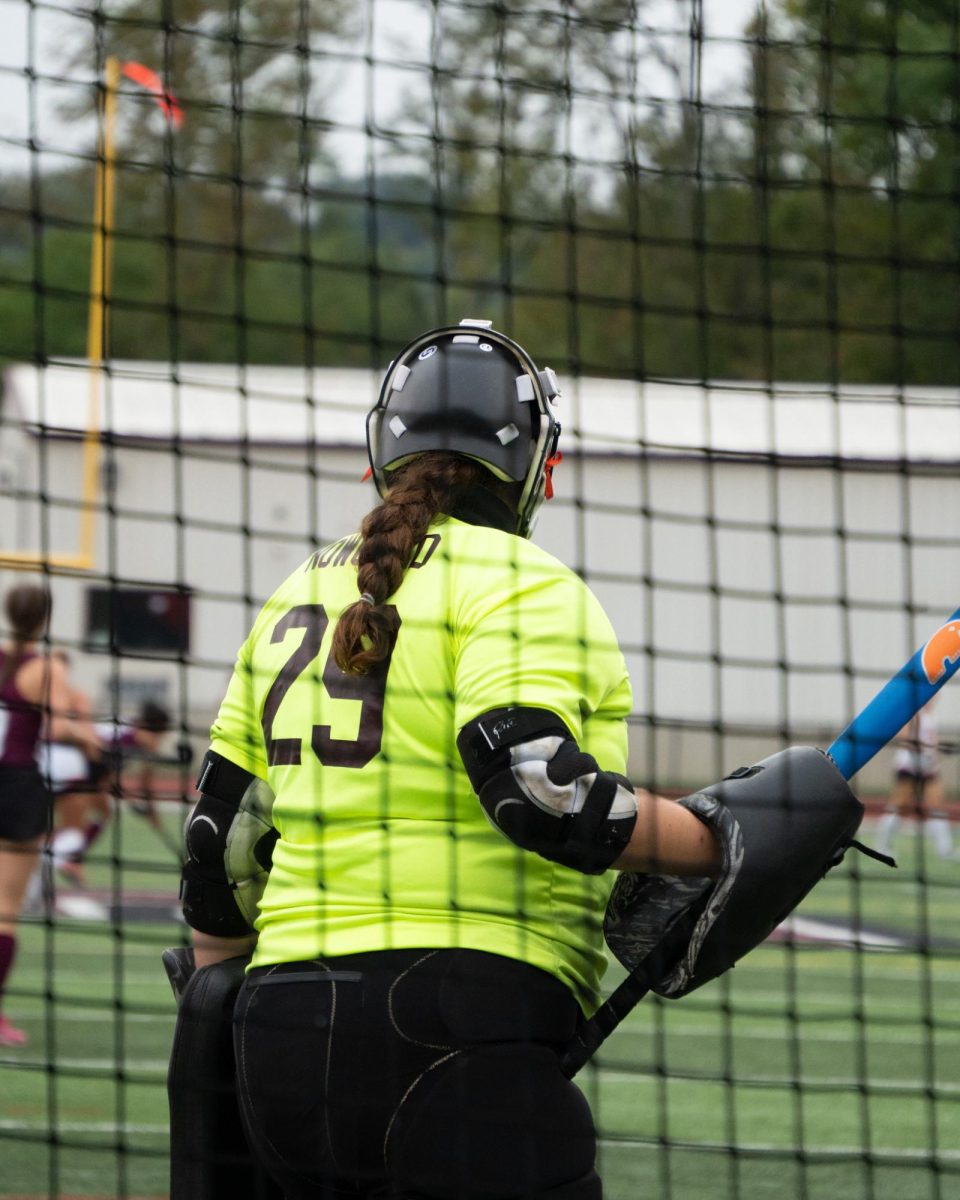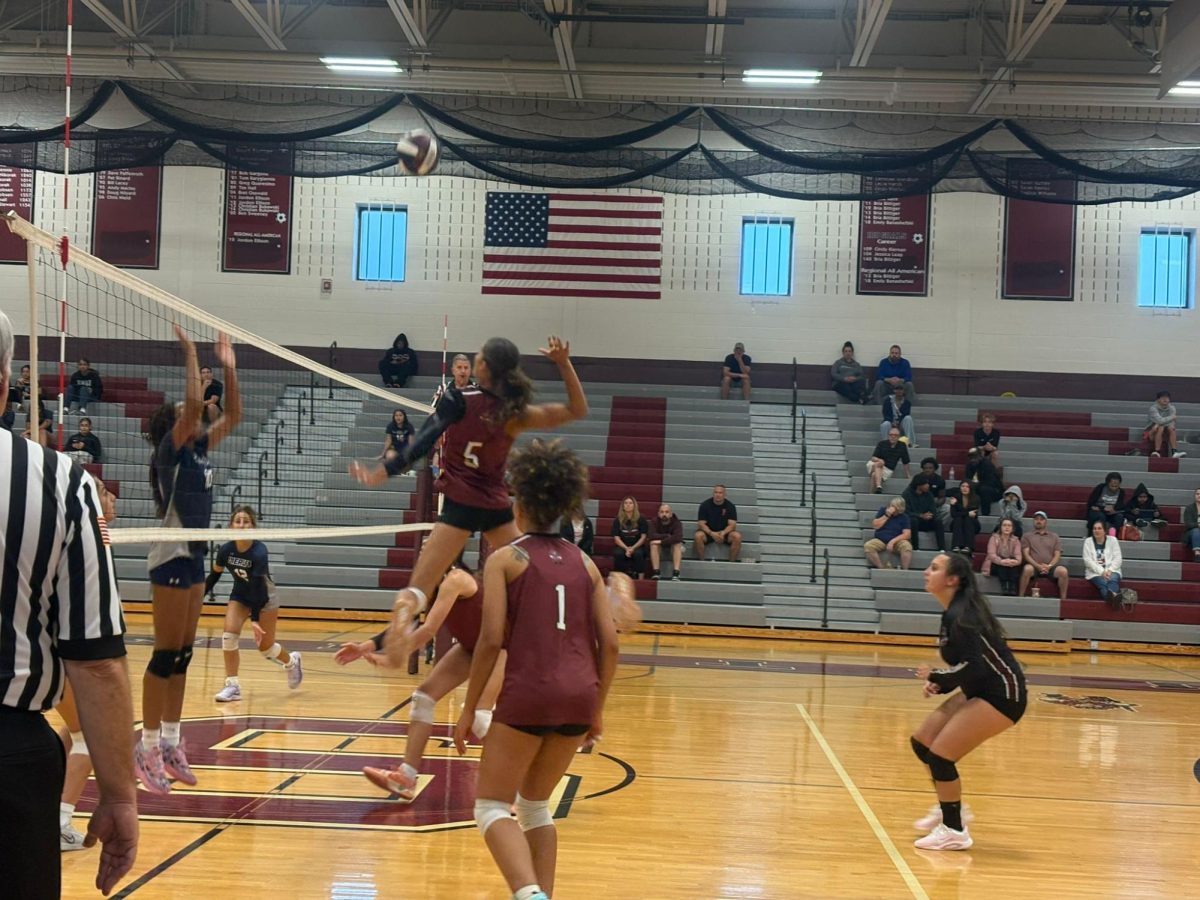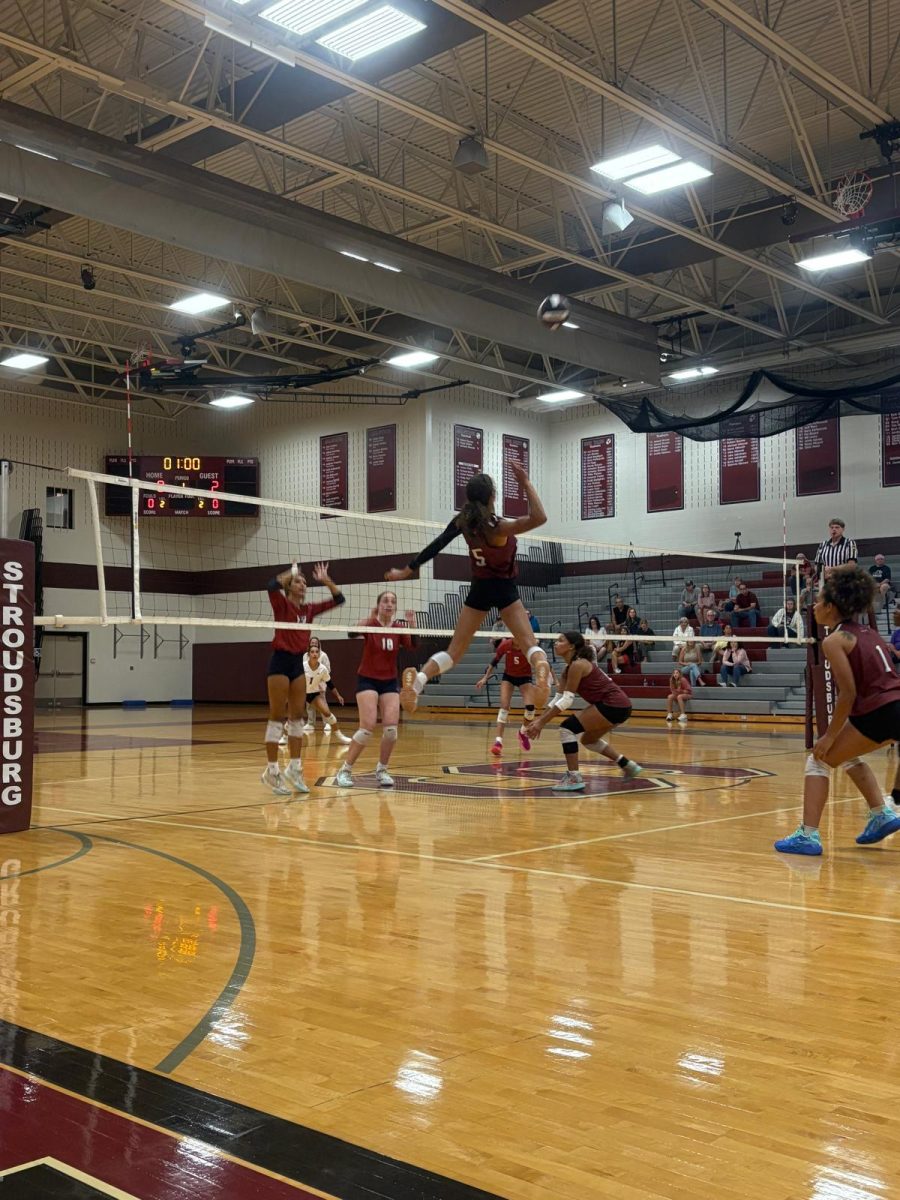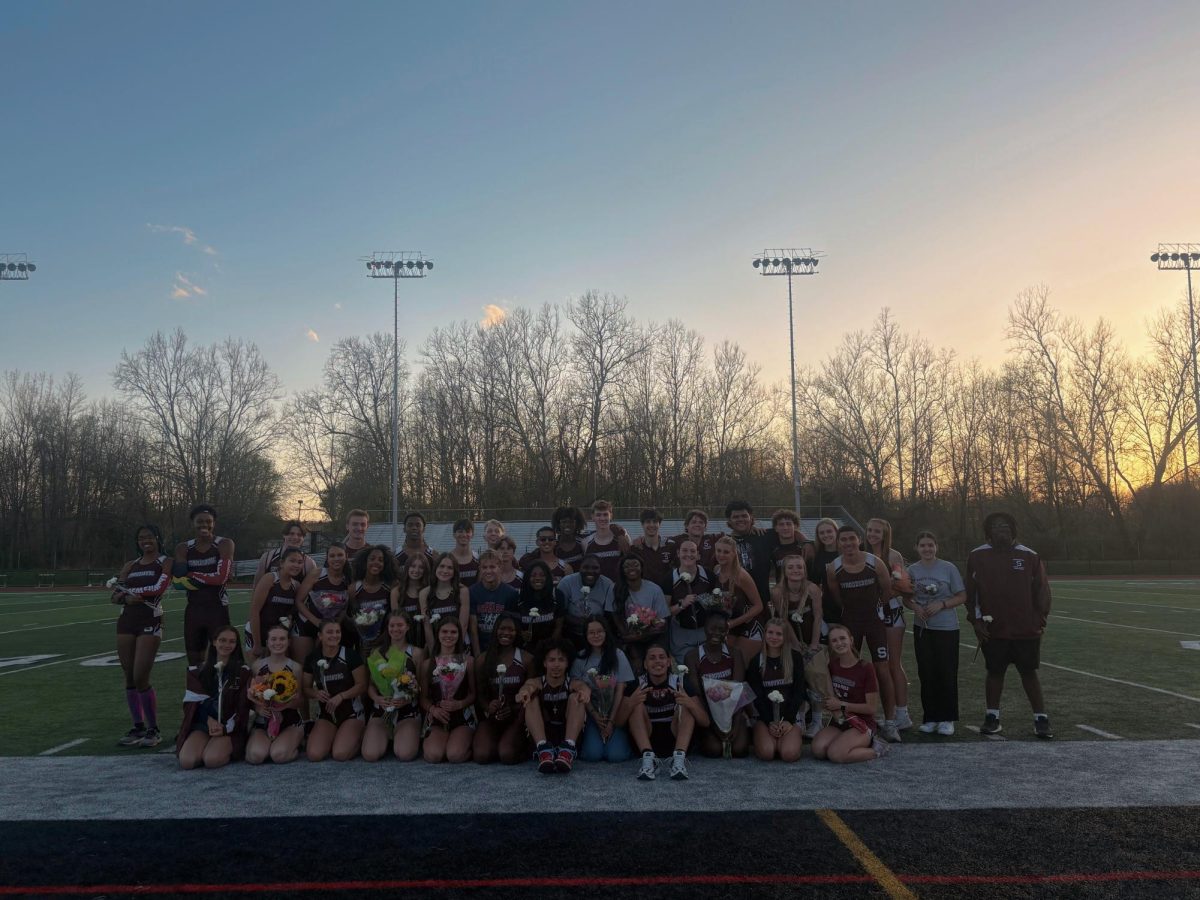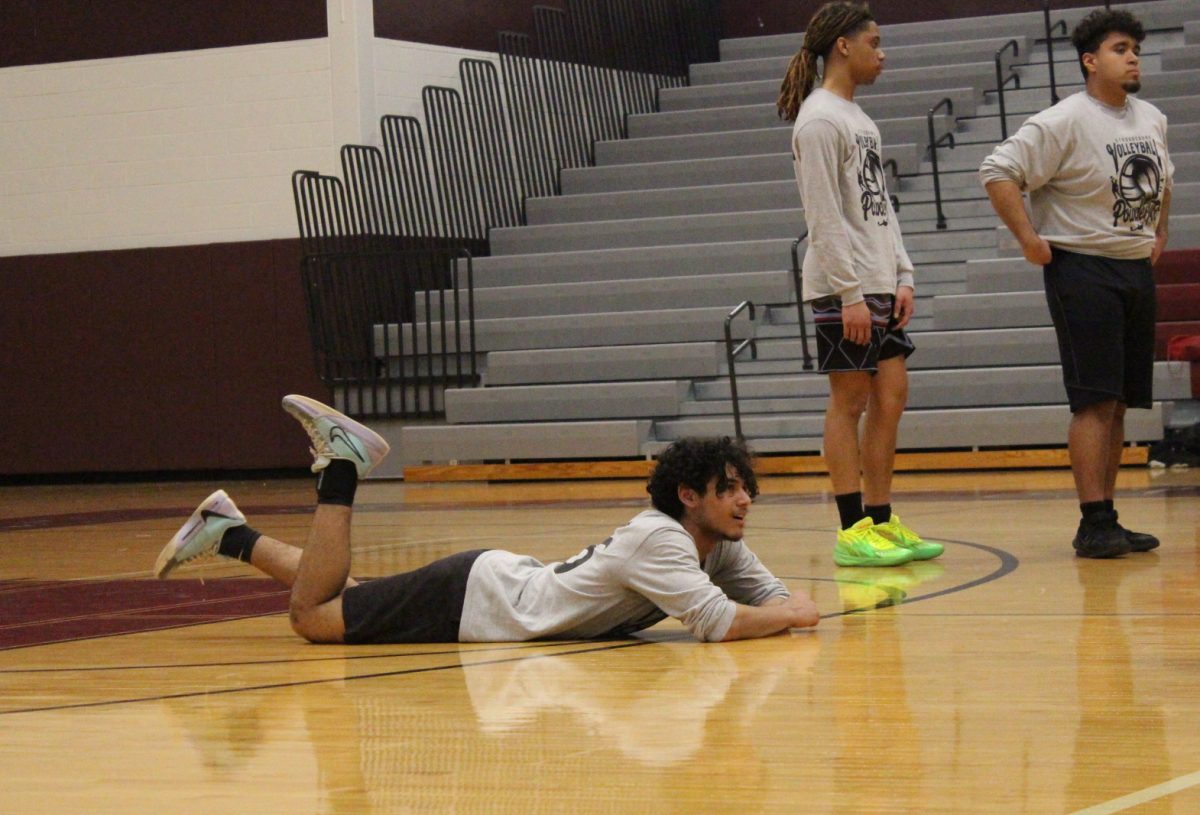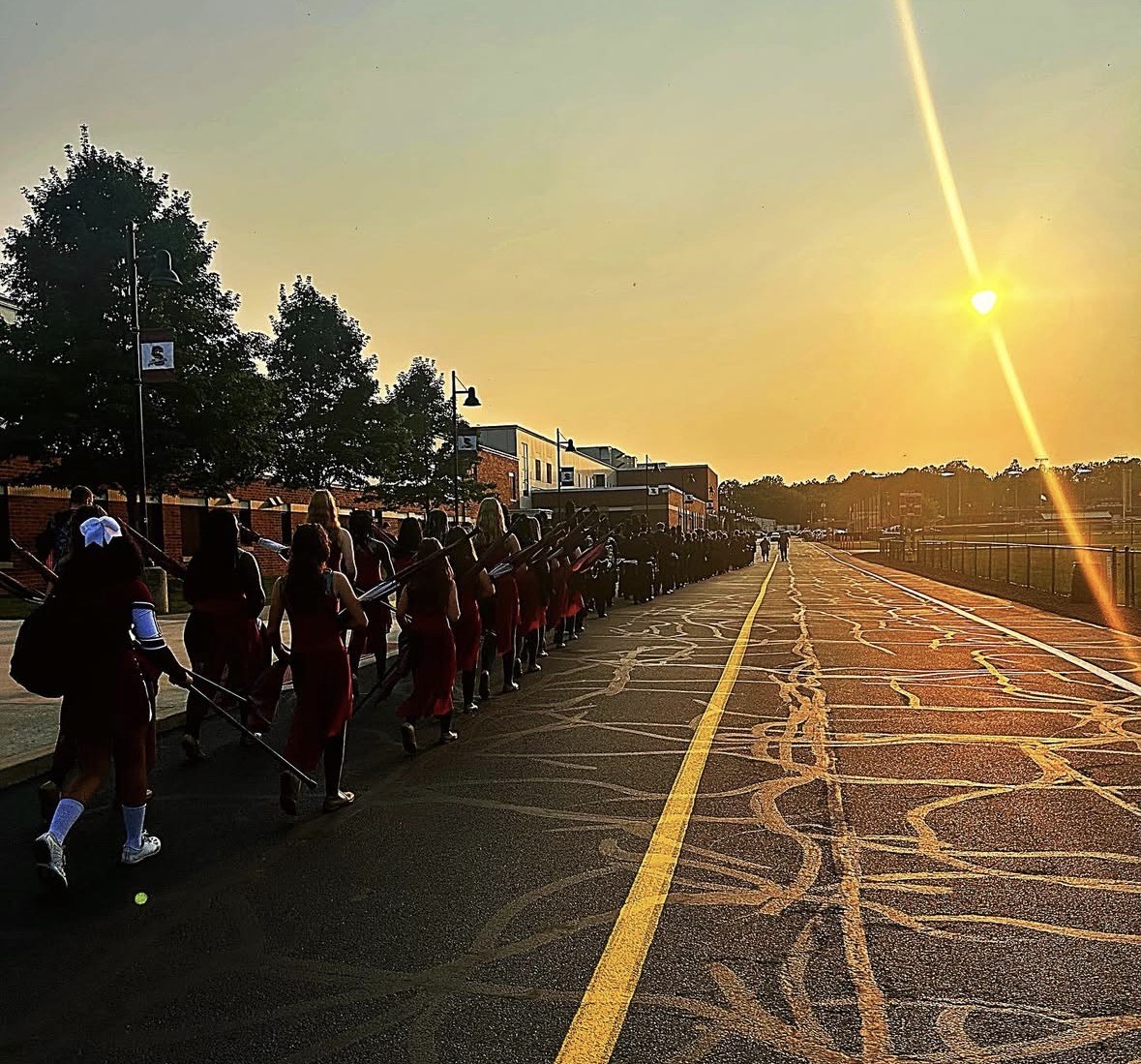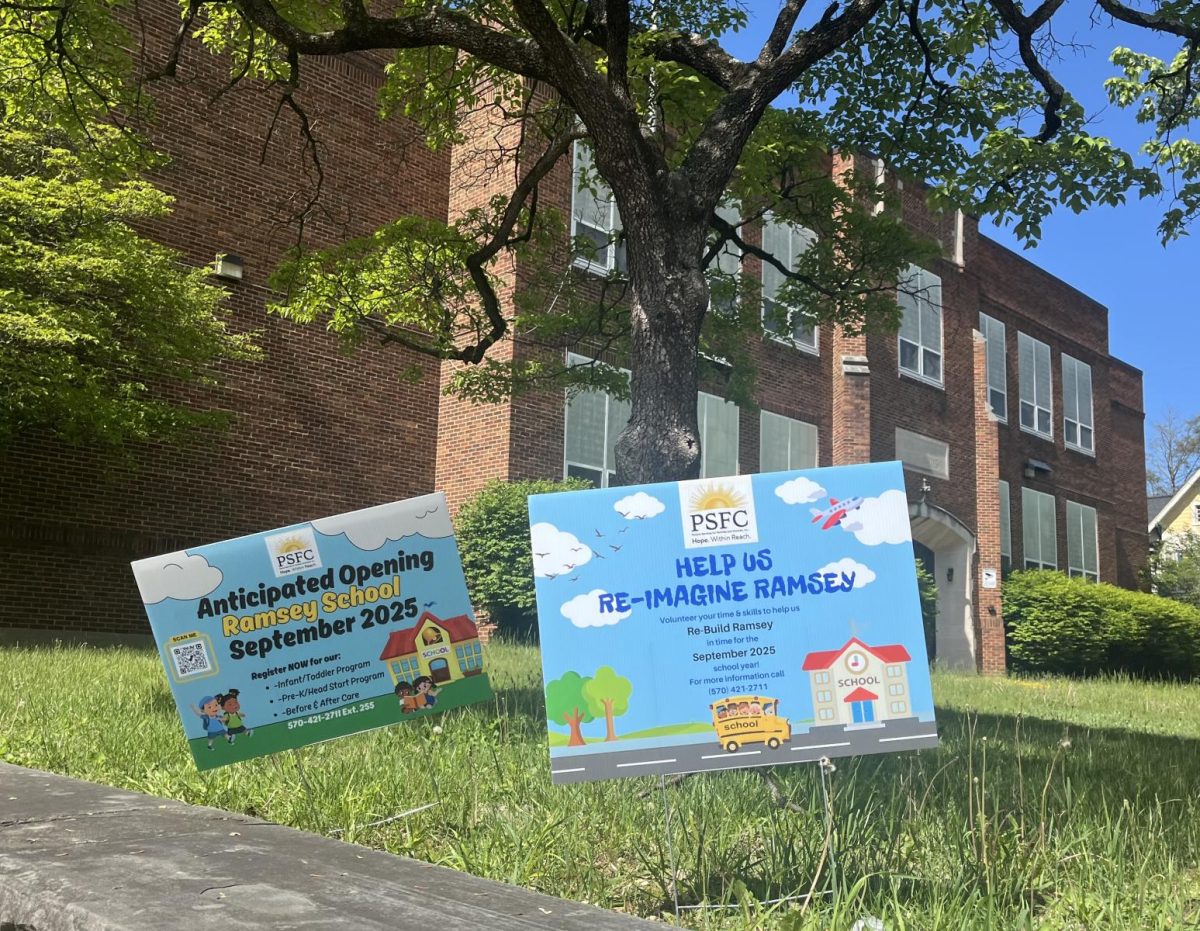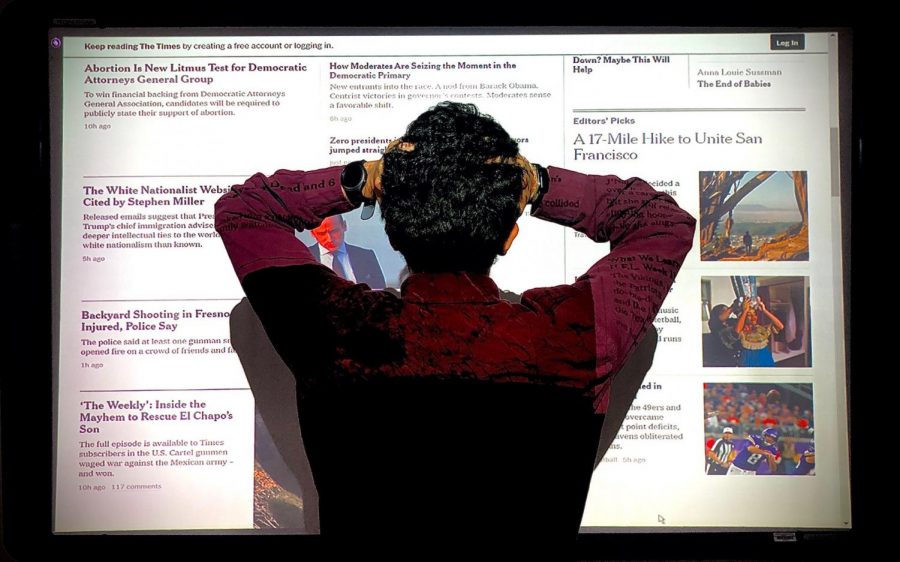Increased screen time is negatively affecting students
COVID-19 has forced students to view screens all day long
Students are drowning in the negative effects of too much screen time.
In a world where technology has become so easily accessible, people are starting to see the negative effects of excessive screen time. As a result of the pandemic, the amount of time spent on devices has vastly increased. Students, in particular, are experiencing these negative effects first-hand.
The effects of screen time have been discussed in the past, but with the new remote learning model in schools across the country, these effects have been magnified. The only way to learn from home is by staring at computer screens for hours on end.
“Too much of something is never good,” said guidance counselor Ms. Jean Dunback-Costanzi. “Some students are isolated. They are alone in front of the screen constantly, and that definitely can lead to mental health issues.”

Too many hours spent on devices has a negative effect on humans, and specifically students. While productive ZOOM calls in school can be used to a student’s advantage, the excessive use of devices is when the real problems develop.
“Especially on Wednesdays when we’re on the computer all day, I would go to bed with a huge headache,” said junior Rachel Traub. “It’s really hard to go to sleep. All of the blue-light stuff is really bad when you’ve looked at a screen all day.”
As far as school is concerned, it is true that these devices provide a platform free from COVID-19, since students can use them to learn from the safety of their own homes. Still, there is more to personal health than just the virus.
Mental health, in connection with screen time, is a major topic that needs to be addressed. Of course, the pandemic should not be taken lightly, but the well-being of students should share center stage, as well.
“Studies have shown that there is a link between too much screen time and anxiety,” said Dunback-Costanzi. “Once again though, there is a difference between screen time when you’re just constantly looking at social media for hours. Screen time where there is social interaction and education is good for students.”
This raises an important point: teens need to do better with limiting their free time on devices. Hours spent on ZOOM for learning is necessary for a student’s education; hours of binge-watching Netflix is not.
“Children and adolescents spend more time with these forms of media (social media) than they spend in school,” said Dr. David Geier, orthopedic surgeon and sports medicine specialist from Charleston, South Carolina. “Kids spend more time each day with these media than doing anything else except sleeping.”
The facts are shown in study after study. Students spend way too much of their leisure time on their devices, especially considering how they are obligated to spend practically their entire school day staring at a screen already.
“Definitely take a break when you can,” said Dunback-Costanzi. “Walk away from the screen, even if it’s only five minutes. Have conversations with your parents or siblings or get outside.
There are countless options to free one’s self from the seemingly endless time spent in front of a computer. Students must take the initiative to get up and do something else. “Do some physical activity, eat healthy snacks, get outside, or take your dog for a walk.”
Moving forward, screen time disrupts student’s sleep patterns, which is when the most physical development occurs. When sleep is interrupted, especially by the use of personal devices, it can also stunt a child’s mental development.

“The risk is that the technology becomes all-consuming and, as a sleep doctor,” said Dr. Laura Sterni, Director of the Johns Hopkins Pediatric Sleep Center. “I worry most about the potential negative impact on sleep.”
With the lack of sleep comes a sleep-deprived human brain. This is not a good thing. Sleep allows the body to regulate emotions, helps students focus and retain important ideas that are learned in class.
It is so important for students, parents, and administrators to recognize the effects of screen time. As overwhelming as this current year has been for most, the virus is not the only danger that humans are facing. Technology and excessive amounts of screen time is also a very present threat.
“As is clearly demonstrated in the documentary The Social Dilemma, since we are not wired for the level of exposure and reinforcement (positive or negative) social media enables, they have documented correlations between social media screen time and depression/anxiety,” said social studies teacher Mr. Shawn Thornton. “Especially within age-groups experiencing significant brain development at the time of exposure.”
This group of people that are experiencing significant brain development are the students. If students wish to continue to grow as individuals, they must first put down their screens and lift their eyes to the world.
For more information about the damaging effects of excessive screen time, visit:
https://hms.harvard.edu/news/screen-time-brain
https://www.verywellfamily.com/the-negative-effects-of-too-much-screen-time-1094877
https://healthmatters.nyp.org/what-does-too-much-screen-time-do-to-childrens-brains/
https://www.jhunewsletter.com/article/2020/04/how-online-learning-can-affect-student-health#:~:text=In%20addition%20to%20adverse%20health%20impacts%20from%20altered,of%20remote%20learning%20on%20children%20of%20all%20ages.



